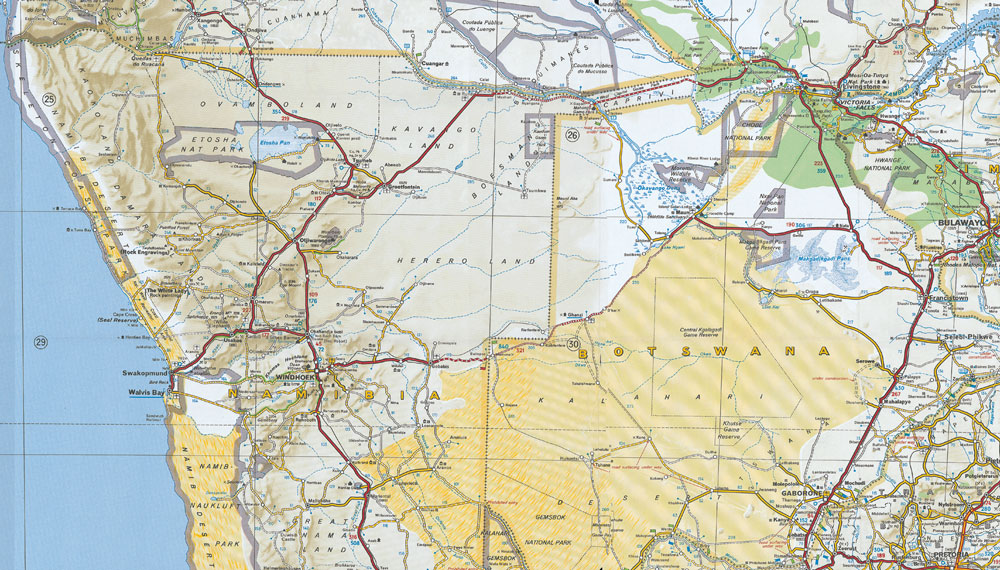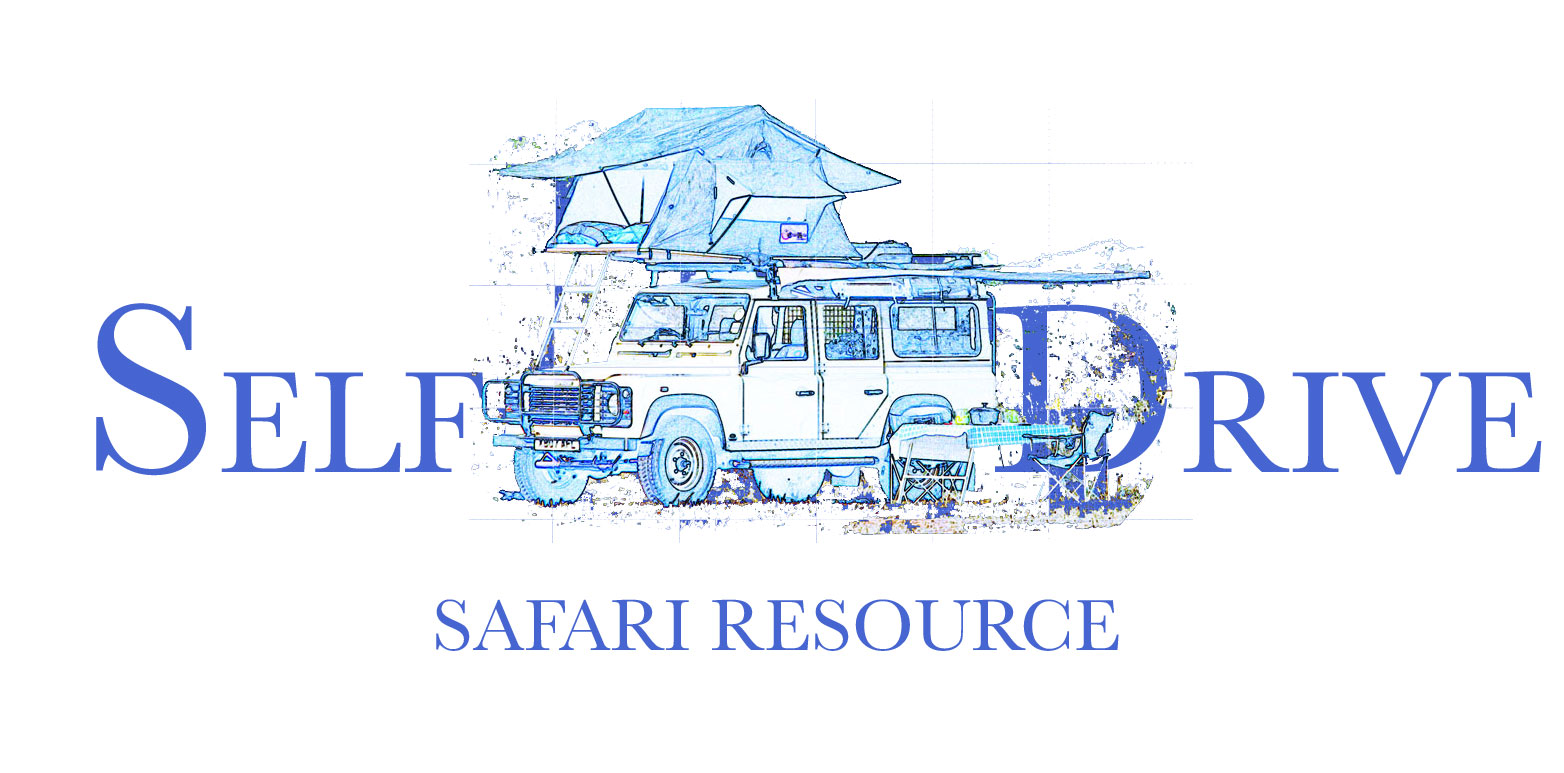Camping in Comfort
Self drive safaris are very tiring especially in the hotter times of the year and if you are camping. Heat, dust, rain, and mud combine to sap your strength and…
How dangerous is the wildlife on a self-drive safari?
Given that many camping areas are completely unfenced and inside National Parks what are the real dangers for a self-drive family in Botswana or Namibia? The answer may surprise you…
Zambia update C19
Paul Barnes reports from Zambia Tourists are now entering Zambia again. It is a requirement that they have a COVID negative test certificate no older than four days prior…
Low Season is best
Why Travel in the Low Season? Firstly its a better experience The “low” season is simply travelling when other people don’t which can be for many reasons. It might be…
Animal Tails, the tuskless elephants of Ruaha
When I was a small child my Mother mistakenly took me to the cinema to watch what she thought was a child-friendly film about elephants. It was, in fact, a…
Is Botswana a viable self drive destination?
Article in Travel Africa Magazine by Charles Norwood Botswana is an adventurous and challenging driving destination so be prepared for the conditions. The roads vary from sealed tarmac with some…
How to Spend your safari budget wisely
The game viewing experiences at a waterhole are often the same whether you are paying £500 a night staying in lodge or £25 a night staying in a campsite and…
Health on the Road
It’s especially important that you take your own health seriously when you are a long way from home in countries that have no National Health service, no Ambulance service, and…
Article in Land Rover Owner
Baring the soul in a high profile magazine was a little daunting. This is tough reading for anyone that loves Land Rovers and at the time accounted for many years…
Self Drive Safari Resource
Self Drive Safari Resource is a free content web site that offers, information, planning, inspiration and on the ground knowledge to fully independent travellers that are driving themselves on safari…
Travel Rescue is a better bet, article in Travel Africa 93
Don’t you just hate paying for travel insurance? I would rather spend the money on a flight over the Okavango Delta or splashing out on the honeymoon suite at Cottars…
Why self drive?
Why you should consider taking a self-drive safari for your next visit to Africa and start to enjoy the real rewards of the bush When I first went to Africa…
Catering & Shopping
Nowadays most African towns have good quality supermarkets where all your food shopping can be done. In some countries the bottle shop is separate so you may have to shop…
Why travel rescue is better than travel insurance!
When you have a serious problem overseas; the medical emergency, the car accident, the crashing fall off a mountain bike, the mistimed landing on your paraglider, the rockfall, or the…

Planning
This section covers the many different aspects you need to think about early on at the planning stages of your journey. Research the regions, check the guide books and look at the maps. Mistakes made at this time are very hard to put right later on.
Journey Planning Principles
- The main thing is not to try and cover too much ground.
- Add extra time for the “Africa” factor, you will need it
- Allow time at the start to get over the flight, briefings, shopping etc
- First days driving should be short to allow extra time to set up camp
- Most journeys work best as a mix of camping and lodges
- Use lodges/hotels in towns for security and ease
- Two or three nights camping followed by lodge nights works well
- Try to use owner run and operated lodges.
- Generally, camp more at the start of the journey
- Self-drive trips are very tiring so slow down as the journey progresses
- Build in a few days mini holiday at the end to wind down and relax
- The trip will never be long enough so try to go for as long as possible
